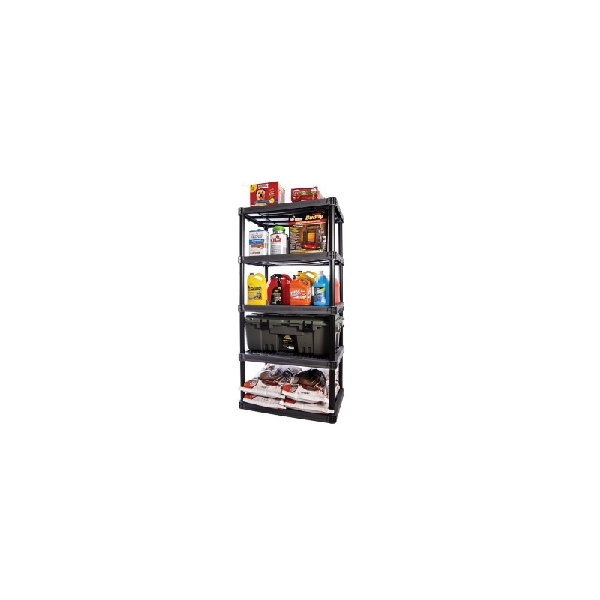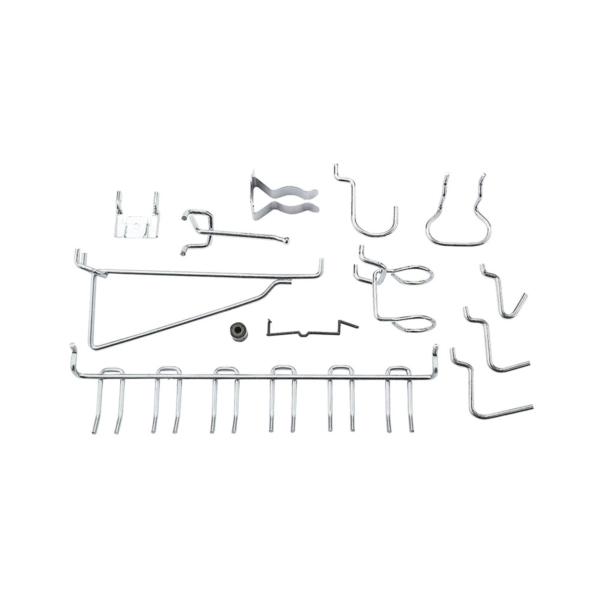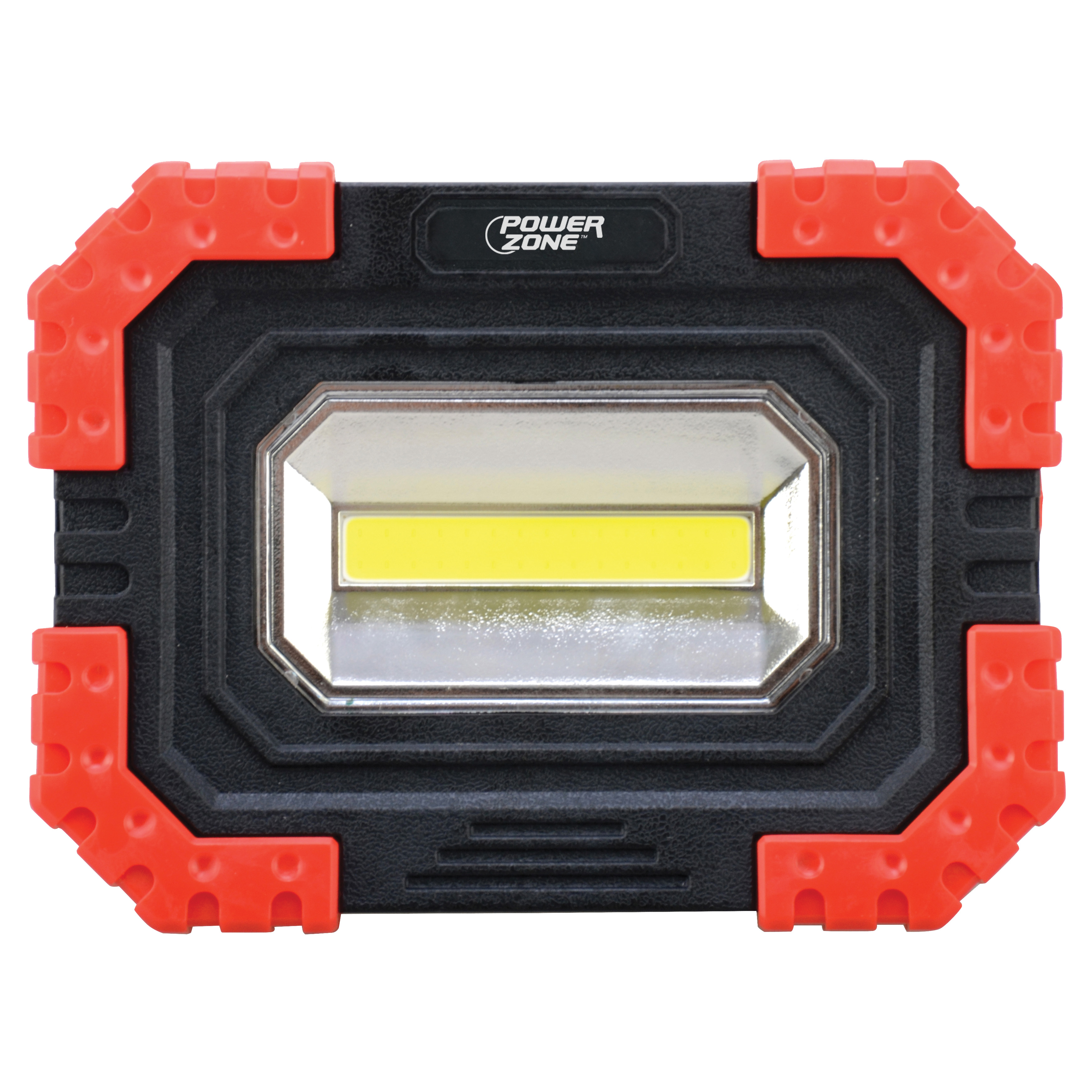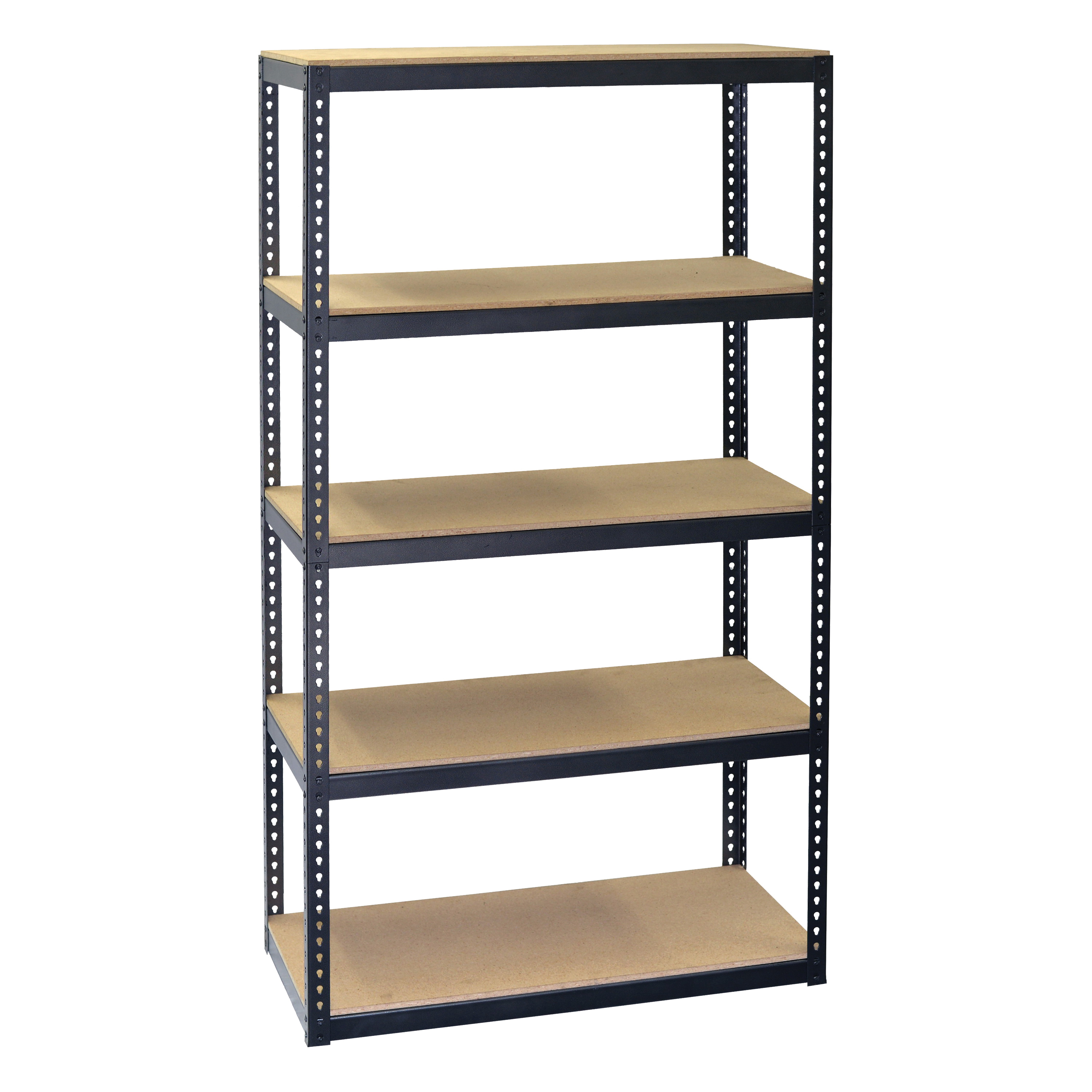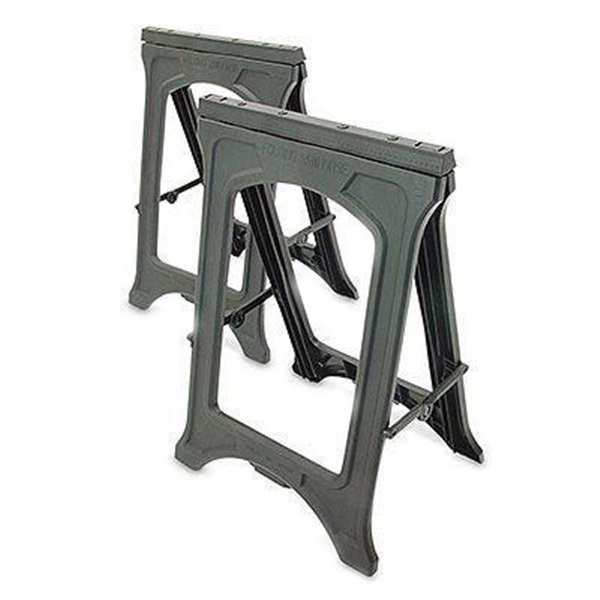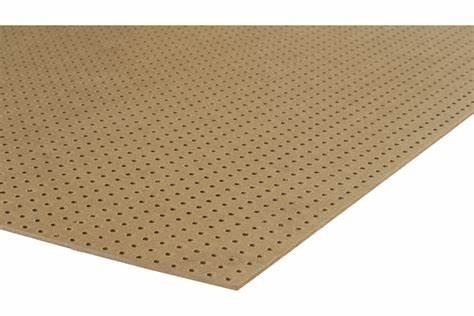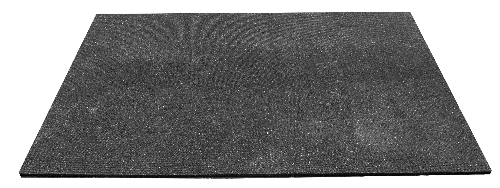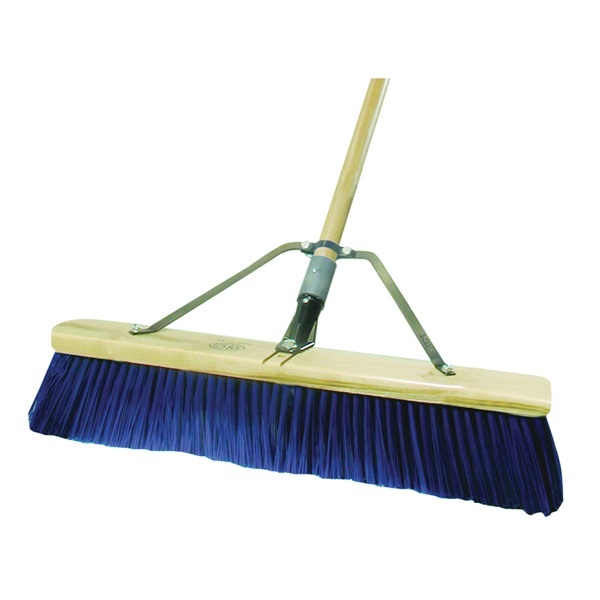Having a reliable space to work on DIY projects makes getting the job done a whole lot easier. Having the ultimate space makes it a pleasure. Follow these pro tips to create the workshop you’ve always wanted so you’ll have a DIY haven
to work on all your masterpieces, big and small. You just might find yourself adding to the “honey-do” list.
Defining Your Workshop
There's no one-size-fits-all home workshop. Before anything else, think about what kinds of projects you do, what you’d really like to tackle, and how you'll do it.
Do you make or repair furniture? How about metalwork? Maybe you tend to concentrate on outdoor projects? Are stripping, painting, and sanding a big part of what you do? Are you a hand tool person, or are power tools something you just can’t live without?
And speaking of power tools, are these big enough to require their own tables? Once you have an idea about what you’ll be doing and what you’ll be using, you can move on to the first big decision.

Garage or Shed Workshop?

When it comes to housing your home workshop, garages and sheds are the two most common choices.
The benefits of having a garage workshop include having a space for projects attached to your home. Need to fix a broken chair leg? Just pop into the garage, and you’re ready to go! It also means your tools are close at hand for DIY projects inside your home.
Plus, your garage probably already has lights and power, although you may need to add to that, and the large doors make ventilating the space easy. It can also be heated or cooled with portable units. Your garage may also already be equipped with a utility sink or have easy access to plumbing to install one if you desire one in your ultimate garage workshop. Finally, unless you currently have a shed on your property that you can convert into a workshop, this is the least expensive option.
However, a garage workshop has its drawbacks, too. Space may be limited, particularly if you need to reserve room for other purposes, like parking your car or stowing lawn and garden equipment.
A detached workshop has several benefits worth considering. It allows you to work on noisy projects away from other family members. Working in an outbuilding also means there is less risk of fumes or odors drifting into your living space.
It also frees up room in your garage for storage and for parking your vehicles. A detached workshop may give you more room and a greater ability to customize the space according to your needs. You’ll also be able to select a frame or metal building.
The drawbacks include the time and expense of building a shed. You’ll need to pull in electricity and plan for how to heat and/or cool the space if required. Plus, you’ll have to set aside a spot on your property for this purpose and might need to obtain a building permit.
Once you’ve got an idea about the projects you’ll be doing and know where your workshop will be, it’s time to start planning the layout of your space. Here are some of the key elements to consider.

Space Layout
Work Surfaces
In every great workshop, there is a good workbench. Workbenches come in all shapes and sizes, with the most common having a wood or metal surface. If you are working on large projects like furniture, make sure you have a big enough surface area so your projects aren’t falling off.
Power
You also need to account for your power tools that require a dedicated table. And with that comes the next consideration: power. If you’re creating a space from scratch, determine the location of the outlets and any cutoff switches after you’ve decided where your work surfaces will be. It may even be helpful to install power strips on the top of your workbench for extra convenience and to have extension cords handy.

Lighting
It’s hard to work on something you can’t see. Having the proper light fixtures in your workshop is critical, but unfortunately, garages and sheds aren’t known for great lighting. If you’ve already got a fixture in place, consider replacing it with commercial strip lighting.
Work lamps are portable and can be used to light small spaces or entire workshops. Work lamps with LED lights stay cool, so you don’t have to worry about it heating up a small room. If you need an extra bright light, go with halogen bulbs.
Flashlights can be a surprisingly good option when you want focused light on a small area. They can be small enough to fit into tight spaces. Some flashlights even have a magnet on the end so you can stick them onto your toolbox for use as a spotlight. Headlamps are a terrific, hands-free way to concentrate light on a particular area.
Clean Up
It's the part of the project no one likes, but it's critical for the safety and functionality of your workshop. Plan for a shop vacuum, small brushes, and large brooms to make sure you can easily keep your space clean.
Workshop Storage
Storage and organization are vital for your workshop. Many of the tips covered in this article are perfect for a workshop as well.
One of the best time-tested storage solutions for tool storage is placing a pegboard above your heavy duty DIY workbench to keep your most-used tools easily accessible. Wood or metal cabinets are great for storing tools away from sawdust. Shelving units can keep materials organized and off the floor yet still accessible.
McCoy’s Can Help
No matter what plans you have for your workshop, considering these tips can help you make it the best space possible for working on projects and getting your DIY done. Stop by your local McCoy’s for the tools, advice, and equipment you need to get the workshop of your dreams. And once you’re all set up and ready to work, we’ve got the best lumber selection in town for all your projects!




